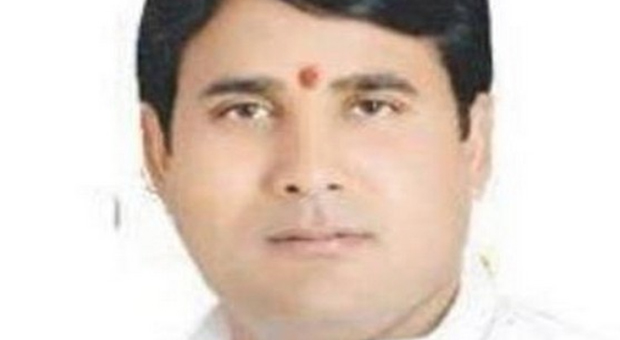
New Delhi, June 27: Pakistan on Wednesday hit back at India over allegation that Pakistani state institutions were involved in the 26/11 Mumbai terror attacks. Coming to the defence of the ISI, Pakistani Interior Minister Rehman Malik dismissed India's charges and claimed that the allegations against the intelligence agency were baseless.
Rubbishing 26/11 Mumbai terror attack plotter Syed Zabiuddin Ansari alias Abu Jindal's claims of ISI's involvement in the 26/11 attacks, Malik said that the intelligence agency protects Pakistan and is not involved in carrying out terror strikes.
Malik blamed Home Minister P Chidambaram of "unnecessarily targeting ISI" and claimed that all the allegations against Pakistan till now have been proven to be false. He pointed out that Jindal was an Indian citizen and there was no involvement of Pakistan in the November 2008 Mumbai carnage. He countered the Indian allegation by saying that Pakistan cannot be blamed for Jindal's action.
He added that Pakistan won't investigate on the basis of the evidences provided by India as they were "not reliable". "On previous occasions when India accused ISI of being behind attacks, they were later proved to be wrong. Blaming someone is very easy, but proving is very, very difficult," said Malik.
Chidambaram had on Wednesday said that that Jindal admitted to the involvement of Pakistani state agencies in the 26/11 attacks. Reacting to Malik's note on Tuesday, Chidambaram said that India was willing to share information about Jindal with Pakistan and reiterated that India had been tracking down the 26/11 plotter for over a year before he was apprehended.
Jindal was arrested from the Indira Gandhi International Airport on June 21 and is in the custody of Delhi Police till July 5. The Maharashtra Anti-Terror Squad has now produced a production warrant in Delhi's Tis Hazari court for Jindal's interrogation.
The ATS wants to question him regarding the Aurangabad arms haul case of May 2006 and the German Bakery blast case of February 2010. The ATS also wants to question him regarding the sleeper cells active in Maharashtra and about his alleged connections with the Indian Mujahideen.
The Indian Mujahideen was allegedly behind the 13/7 serial blasts in Mumbai in 2011 and the ATS had filed a chargesheet in the case last month.
Meanwhile, the National Investigation Agency (NIA) will continue questioning him on Wednesday. The Intelligence Bureau and Delhi Police officials also interrogated Jindal on Tuesday.
Sources say Jindal has given inputs about the Lashkar-e-Toiba's sleeper cells in the country to the police, based on which, police teams will be carrying out raids across Maharashtra. Police say Jindal used a different name in each incident he was involved in and has been questioned about all terror attacks that took place in the past six to seven years.






Comments
Add new comment